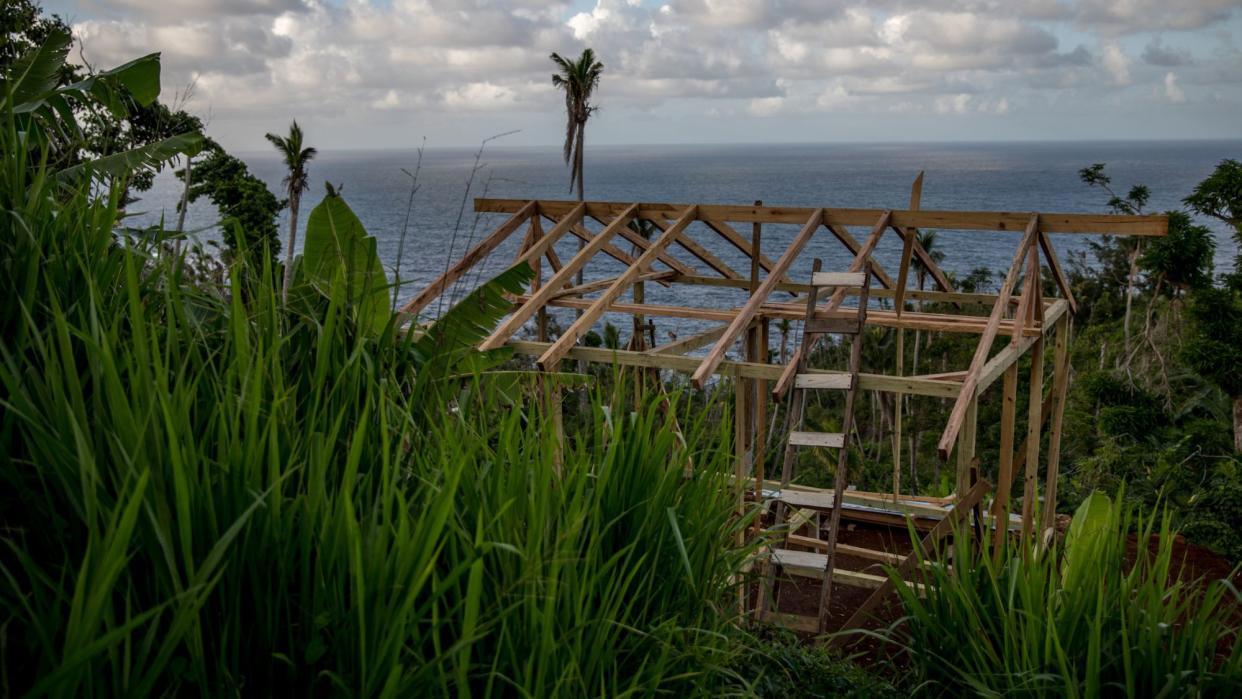Dominica's journey to climate resilience

- Oops!Something went wrong.Please try again later.
As global leaders enter the first full week of Cop28, a small Caribbean island is determined to become the world's first climate-proof country.
The developing state of Dominica is "one of the most disaster-vulnerable countries on Earth", said the BBC, making it "disproportionately impacted by climate change". If the world fails to meet its emission-slashing targets, Dominica risks destruction.
Bearing this "rapidly closing window" in mind, Cop28 is a chance for Prime Minister Roosevelt Skerrit to highlight the unique set of challenges faced by the island, and to push for small-state financing.
Dominica's "mountainous terrain and steep slopes" means that "most of the country is prone to either landslides or flooding" and climate change is an "existential threat", said Emily Wilkinson, director of the Resilient and Sustainable Islands Initiative at the Overseas Development Institute, for The Conversation.
Skerrit "set the bold ambition of becoming the first climate-resilient nation" in the wake of Hurricane Maria in 2017, which caused "the kind of devastation which is unthinkable to larger countries", said Wilkinson.
For Dominica, this means "being able to handle more intense hurricanes and more frequent flooding", with its targets and roadmap combining "everything from building design to nature-based power sources and climate-resilient crop systems".
The island's early warning system is perhaps the most important, helping Dominicans to "make what can be life-saving preparations, such as moving to higher ground", the BBC reported.
Leaning on traditions, Dominica has utilised an age-old practice of "conch-shell blowing", traditionally for notifying people that there's fresh fish for sale, to grab attention "ahead of urgent news". This is mixed with modern technologies, as the island has established an "emergency response chat group" with disaster officials, who then disseminate warnings among the community.
"Home-grown solutions", including "sugarcane waste to create biofuel" and "coral reef baskets to protect coastlines", are also useful for Dominica, said the sustainability site Corporate Knights.
The island is hoping Cop28 will be a chance to lobby for "greater pools of more equitable funding". While financing will be important, so too will be the actions of larger countries, said environmentalist and Dominica resident K. Lisana Dyer, who is among the region's representatives at the conference.
"Countries like Dominica emit less than 1% of greenhouse gases into the atmosphere and yet still we suffer 100%," she told the site. "That's not fair."

